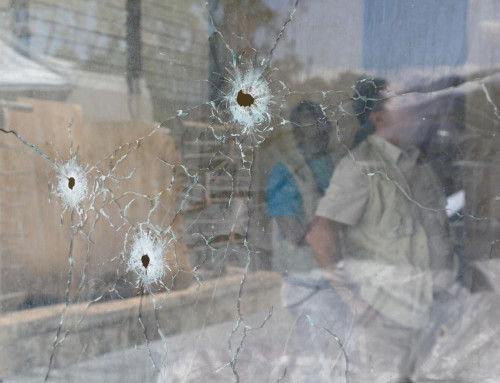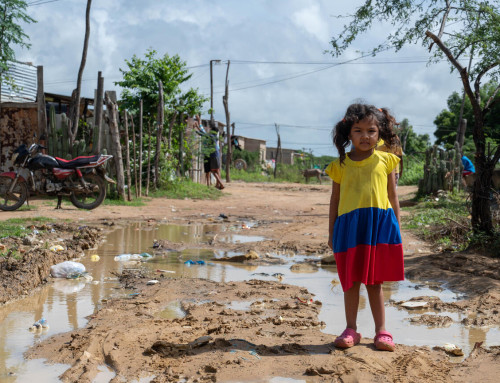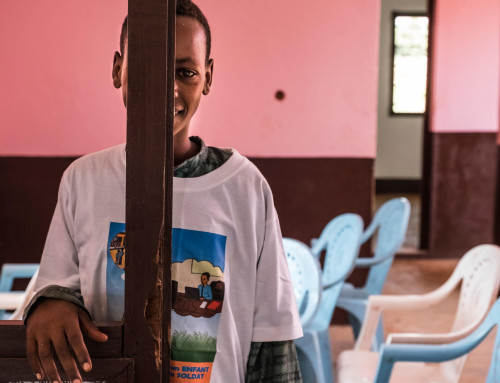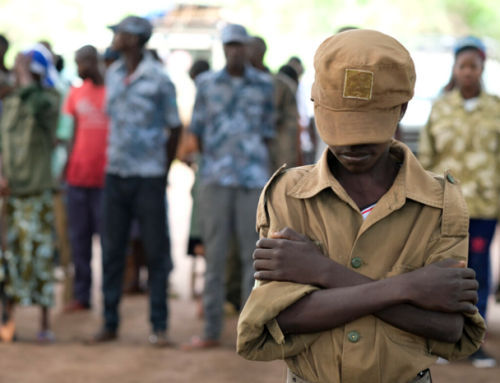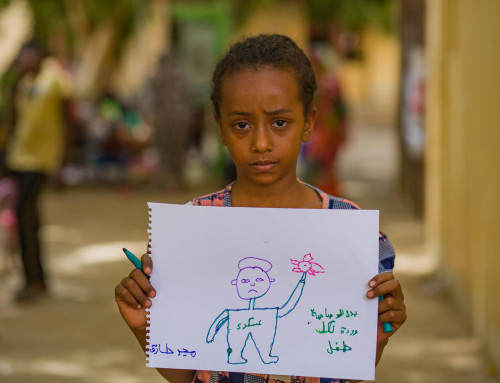GA/SHC/3428
HR/4454 REPRESENTATIVE FOR CHILDREN AND ARMED CONFLICT URGES STATES TO RAISE MINIMUM AGE FOR RECRUITMENT AND PARTICIPATION IN CONFLICT FROM 15 TO 18 YEARS
UNITED NATIONS, New York, 26 May 2000
The Special Representative of the Secretary-General for Children and Armed Conflict, Olara A. Otunnu, has welcomed the adoption by the UN General Assembly of a new treaty which prohibits the compulsory recruitment of children under 18 and their participation in combat, and urged member states to ratify the agreement as swiftly as possible.
A momentous step has been taken in the global effort to eradicate the use of children as soldiers, Mr. Otunnu said. “This outcome is a victory for children exposed to cynical exploitation in situations of armed conflict. Now concrete action must follow – starting with the speedy signature and ratification by UN member states of this landmark agreement. “
The key provisions of the Optional Protocol to the Convention on the Rights of the Child on the Involvement of Children in Armed Conflicts – adopted on Thursday – are:
States are to take “all feasible measures” to ensure that members of their armed forces who are under 18 do not take a direct part in hostilities and that no-one under 18 years is compulsorily recruited;
In terms of voluntary enlistment, the treaty raises the minimum age to at least 16 and includes specific and verifiable safeguards, including the provision of reliable proof of age and the informed consent of both volunteer and parents;
As for insurgency groups and rebels, the treaty prohibits the recruitment or participation of anyone under 18 “under any circumstances”.
We must now organise more effectively to monitor adherence by parties in conflict to their commitments and obligations to protect children – leaning ever more urgently on armed groups that are abusing children as combatants right now. Mr. Otunnu said. “The international community must make it clear that all warring parties will be held to account if they fail to comply with this new international standard. “
The Optional Protocol will be open for signature by member states from 5-9 June in New York, at a special session on gender equality, known as “Beijing+5”. Thereafter, it will be available for signature at a social development summit in Geneva (26-30 June) and at the Millennium Summit in New York (6-8 September)

